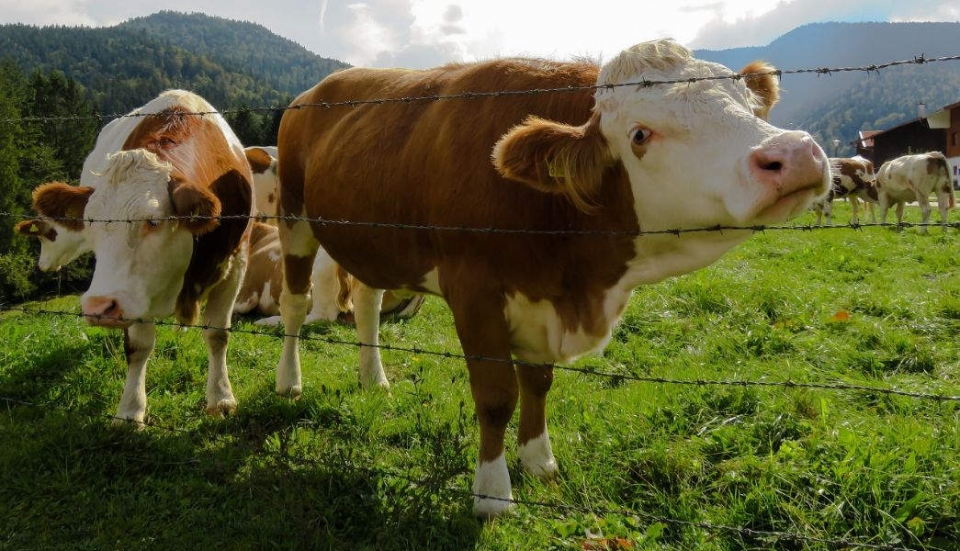Livestock farmers in the areas with mild temperatures do not find it hard to keep their livestock healthy. When the temperatures are favourable and slightly lower, your livestock health and productivity amplify by some percentage. This is not the case with other farmers in high-temperature areas. This gets hard especially when summer kicks in and the temperatures shoot above 1000 Celsius that may cause stress in your livestock. Whenever you visit farm fencing supplies be considerate to choose the best quality to secure the premises and protect your valuable livestock. Here are some crucial tips to keep your livestock healthy and cool despite the harsh temperatures.
Winter is Coming
Despite the fact that most livestock thrive through cool temperatures, the extreme winter cold can be very threatening to the livestock. Are you well prepared to take care of your animals during this winter season? Being observant is key at all times. Unlike human beings, animals can never communicate when sick, stay observant for any signs of sickness. These signs may include weakness, shivering, and at times lethargy. Upon seeing any of these signs, consult your veterinary contact and have medical precautions taken. The young and old animals may be less capable of handling the winter season well, so keeping a special eye on them might be very necessary. To fight the cold, stock enough food for your livestock as the calories could help them keep their heat levels slightly up. You can also consider using horse blankets and even windbreaks to help the animals fight off the cold better. Also, you can look for quality farm fencing supplies.
How to Detect Stress in Cattle?
Most livestock animals especially the cows go through stress whenever the heat is too high. They never have sweat glands and thus rely on other means of cooling down. That is why you will find most cows and dogs cooling through panting. Horses tend to cool a little better since they sweat through their skin pores just like us. Heat stress could negatively affect the well-being of your livestock. There will be reduced mobility, physical activity, and even trembling on a few occasions. All this reduces the productivity of your cattle and their reproduction too. Be on the alert at all times now that you know bad health is bad for your livestock business.
Diet is Instrumental
Eating is a major aspect to consider if at all the health of your livestock matters. Grazing may be fine within the bounds of farm fencing, but cattle need more than that to stay healthy and productive through the season. Add supplements like minerals blocks and grains especially for dairy cows. Beef cattle, on the other hand, need protein blocks to keep them fat and healthy for meat harvesting. High-quality food supplements for your horses is especially necessary during summer. Salts and electrolytes can work just fine for equines. The consumed salt helps them drink more water to hydrate for the lost water due to sweating.
Transport and Working
People run farms for different reasons but the common one is profits. If you need your livestock to work efficiently for you, early morning hours could just be the perfect timing when their temperatures are at their lowest. Do not transport your cattle too when the temperatures are at the highest. The heat stress will affect the quality of their meat. Besides quality irrigation supplies look for the best quality feed to maintain the health of your animals.


Leave a Reply
You must be logged in to post a comment